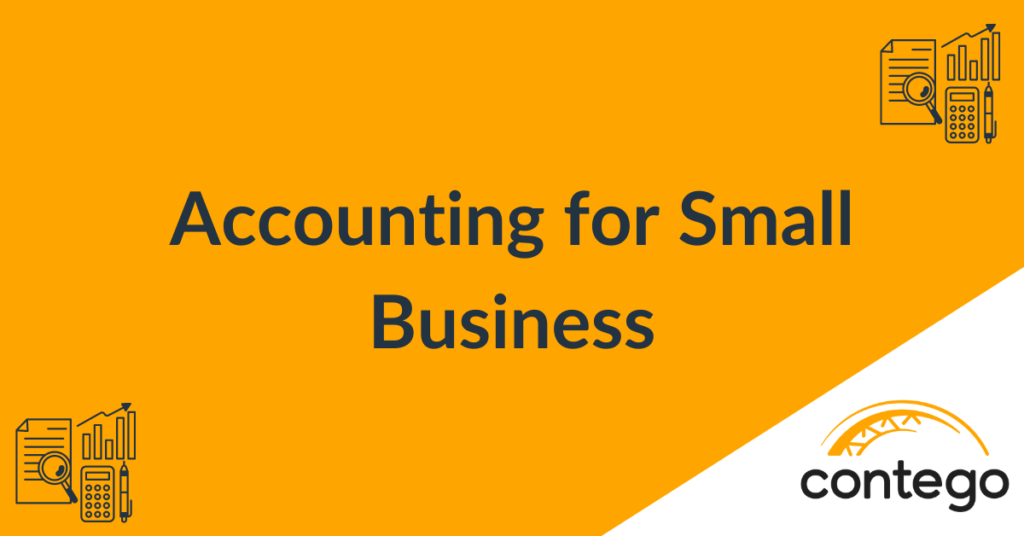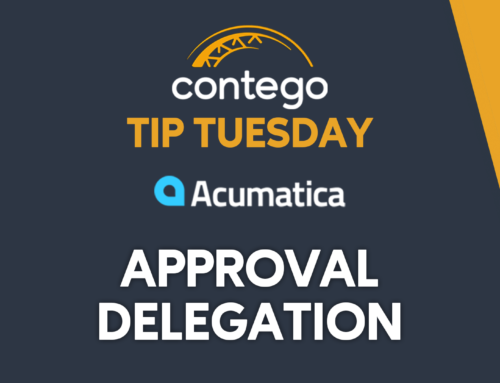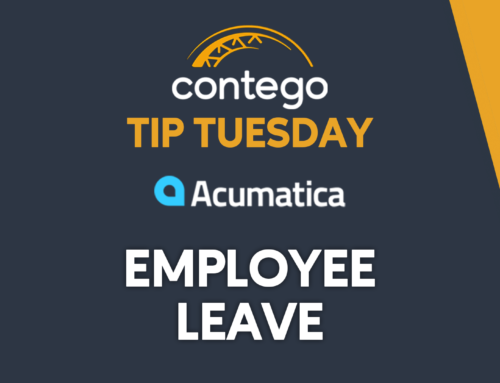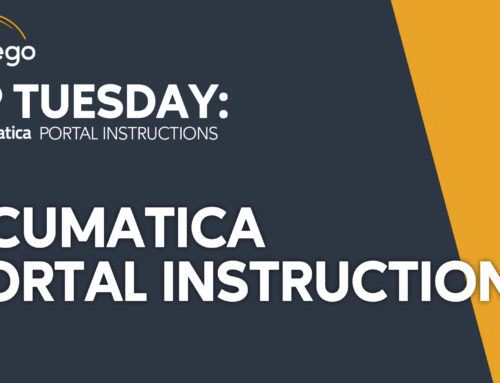
Accounting for Small Business
Effective accounting software is an integral part of any business, regardless of size. If your business isn’t capitalizing on one of the many software options available, it may be a detriment to your accounting processes. Many accounting software options exist, ranging from low-scale solutions to multi-faceted ERP (Enterprise Resource Planning) solutions that come with accounting software for small business add-ons. Every option is catered to a specific business type, size, and level of accounting proficiency. Below, we break down the various accounting software options for small businesses and the pros and cons of each.
What is a small business?
Let’s break down the concept of a small business before proceeding. Small businesses are the bedrock of the Canadian economy and range in size, revenue, and industry. When most of us think of small businesses, we think of the café down the street, or the mechanic shop we take our cars into. However, small business covers a much wider array of industries than what we typically think—many of which are complex, high-revenue generating small enterprises. In Canada, the official designation of a small business is: a goods producer with fewer than 100 employees or a services provider with fewer than 50 employees. For businesses that exist in the gray area between small and large, the term SME (Small & Medium Sized Enterprises) exists. This is for businesses with fewer than 500 employees. A good rule of thumb is if your business generates less than $5 million in annual sales, you are considered to be a small business.
What is an accounting software?
Accounting software is a computer program that helps bookkeepers and accountants record and report a business’ financial transaction. These software programs make record keeping and reporting seamless, simple, and efficient. Unlike large firms, small businesses don’t usually have the luxury of using custom accounting software options. However, for small firms, low-scale customization at a fair price is possible. More on this below.
One of the major benefits of accounting software for any business, regardless of size, is the ability to store large amounts of data without taking up physical space. For small businesses, this provides amazing benefits due to the low costs associated with online versus physical storage. Additionally, this data can be backed up and stored on cold (offline) storage systems or in the cloud.
How does accounting software help small businesses?
Plain and simple, accounting software allows small businesses to keep mass amounts of data and record an infinite number of debits and credits for a fraction of the cost of alternatives (hiring an accountant and/or bookkeeper). For businesses, these software options also offer a scalable opportunity to track revenue and expenses. Most software options will support a business’s growth, up to a certain point at least. A time exists when software is no longer able to support the needs of a growing business. For information about the best accounting options for growing SMEs, click here.
How much does accounting software for small business cost?
Accounting software options for small businesses won’t cost an arm and a leg. However, a large gap exists between the most expensive small-scale options, and the cheapest. Most accounting software for small businesses will cost between $0 (free options) to $150 per month. Basic accounts that offer just the most basic accounting necessities are usually $0 to $40 per month. These basic accounts offer the ability to categorize expenses, send invoices, and prepare financial reports. If you require more than the what was mentioned above, a basic account is probably not for your business.
What are my Accounting Software for Small Business choices?
Accounting software options come in all shapes and sizes. From medium to large enterprise options, such as Acumatica, SAP, and Oracle. To smaller scale options such as offerings from Microsoft and Intuit QuickBooks. Your organization size, employee count, and revenue should provide a good idea of the options available to you.
Options are also available on-premises, hosted as software-as-a-service (SaaS), or in the cloud. Services such as Intuit QuickBooks offer out-of-the-box use, whereas larger scale options like Acumatica and Microsoft offerings (e.g. Dynamics) require customization to fit specific organization needs.
For most options, demo versions are available for short periods of time.
So which option is right for my organization?
This simple questionnaire will give you an idea of the options available to your organization.
1. How many employees do we have? (Small = <50; Medium = 51-500; Large = >500)
2. What is our annual revenue? (Small = <$5M; Medium = $5M – $50M; Large >$50M)
3. How dispersed are your business activities? (Complicated business activities may require a custom-built option over an out-of-the-box option)
Using these three questions, you should have a better idea of the accounting for small business options available to your organization. If you have any questions about options, please reach out using the form below.



